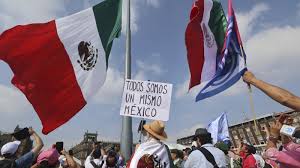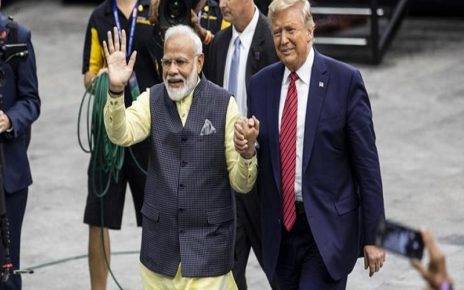As Mexico heads to the polls this Sunday, the nation faces an unprecedented wave of violence, marking this election as the bloodiest in its modern history. The recent assassination of Jorge Huerta Cabrera, a candidate for a council seat in Puebla’s Izucar de Matamoros, has brought the grim total to 37 murdered candidates. This surge in political violence underscores the urgent need for comprehensive measures to safeguard democratic processes.
Jorge Huerta Cabrera’s murder, which occurred at a political rally, highlights the dangers candidates face in Mexico. The violence isn’t isolated to fatal attacks; there have been 828 non-lethal attacks on candidates this election season alone, up from 749 earlier in the week. This alarming trend reflects a broader pattern of intimidation and violence that threatens the very foundation of Mexico’s democracy.
The upcoming election, expected to see ruling party hopeful Claudia Sheinbaum become Mexico’s first female president, is taking place under the shadow of these violent acts. Armando Vargas, a researcher with Integralia, suggests that violence is being used strategically to influence election outcomes, particularly when vested interests feel threatened by certain political projects.
Mexico’s mix of powerful drug cartels and often corrupt local governments exacerbates the dangers for political candidates. These criminal organizations have a vested interest in controlling political outcomes to ensure their operations remain unimpeded. This unholy alliance between crime and politics places candidates in the crosshairs, endangering not only their lives but also the democratic process.
Earlier this week, a local mayoral candidate in Guerrero state was brutally killed at point-blank range during a campaign rally. Such incidents are not isolated; they form part of a broader trend of escalating violence. The government has attempted to respond by providing security guards to 560 candidates and election officials facing persistent threats, but these measures have proven insufficient in stemming the tide of violence.
The recent assassination of Jorge Huerta Cabrera, caught on video, underscores the brutal reality of political campaigning in Mexico. The chaos that erupted following the attack is a stark reminder of the pervasive fear and instability that candidates and their supporters endure.
In light of this, it is imperative that Mexico takes immediate and decisive action to protect its candidates and the democratic process. This involves not only enhancing security measures but also addressing the root causes of this violence. Combating corruption within local governments, dismantling the influence of drug cartels, and ensuring a fair and transparent electoral process are crucial steps.
Mexico stands at a crossroads. The outcome of this election will not only determine the nation’s leadership but also set a precedent for how political violence is addressed. The government must act decisively to protect its democracy and ensure that future elections are free from the shadow of violence and intimidation. The safety of candidates and the integrity of the electoral process depend on it.





